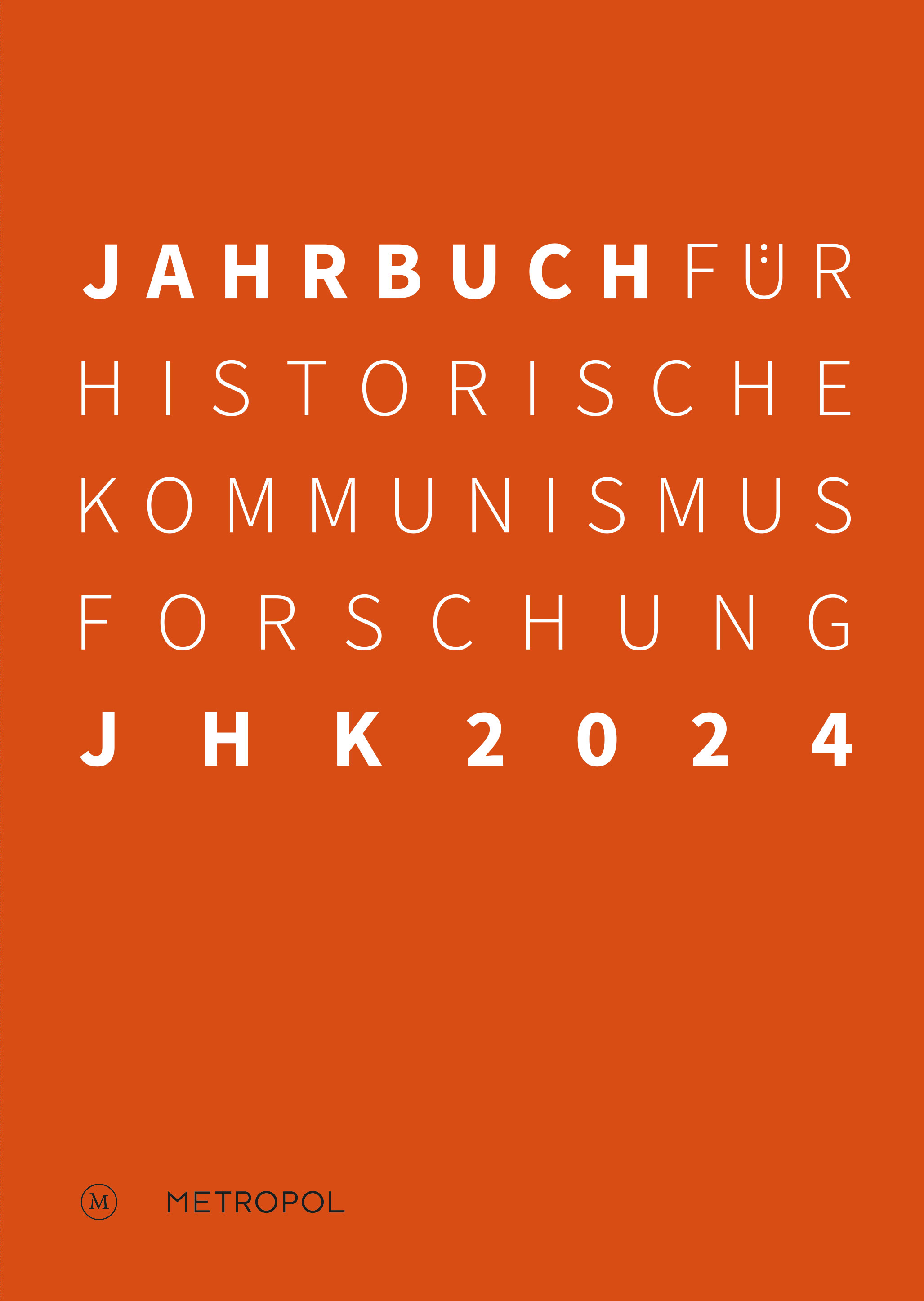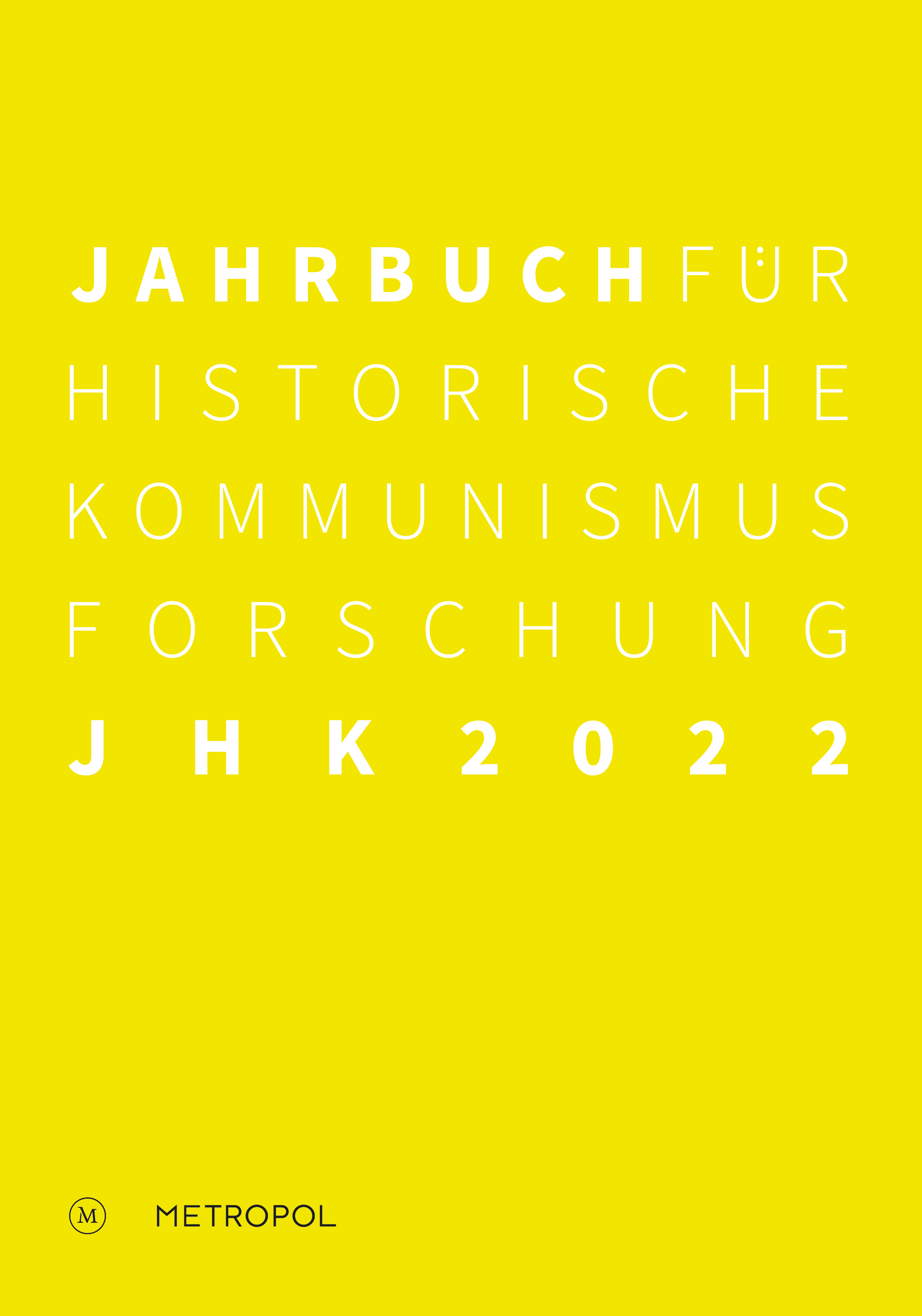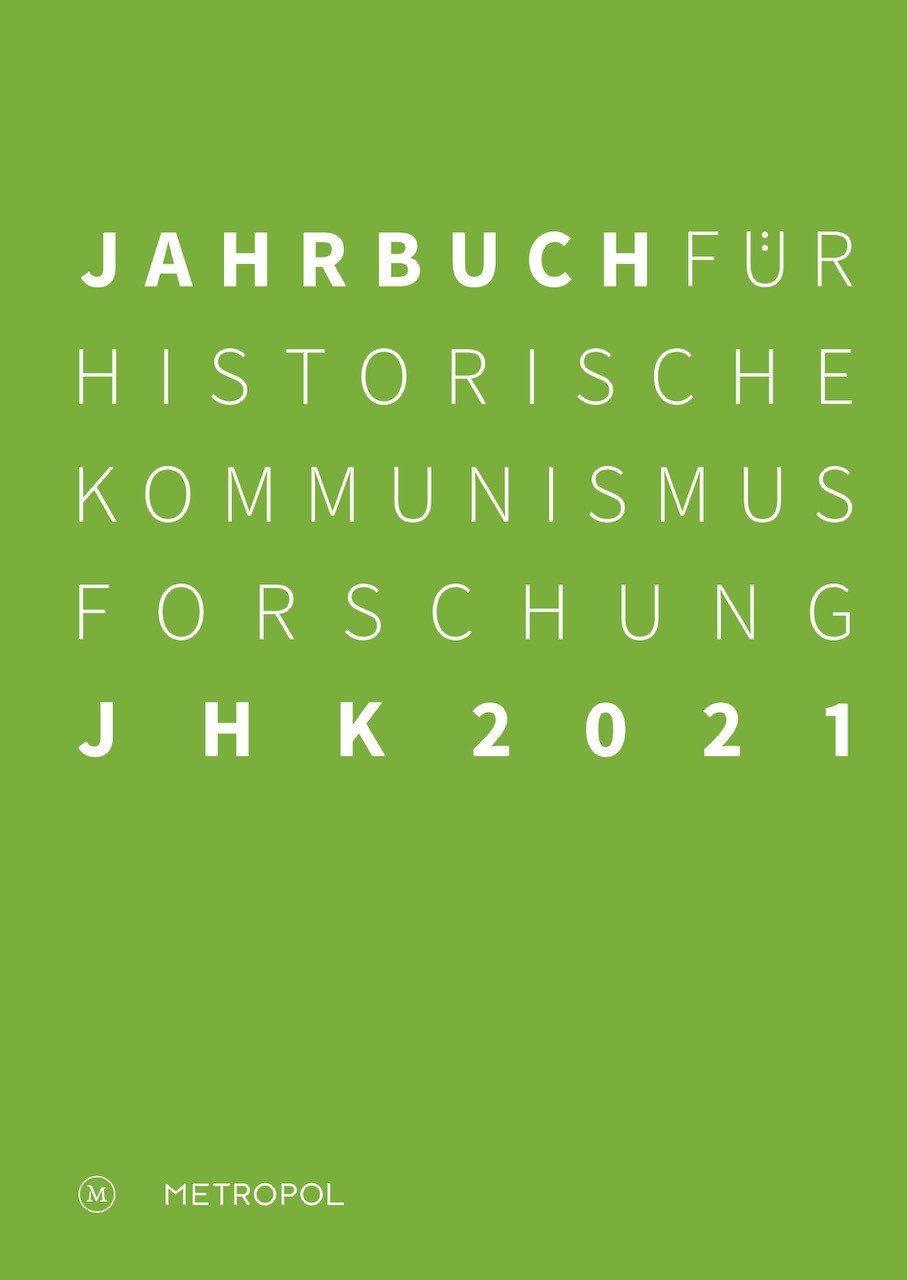Mario Bianchini: »Durch das Spiel zum Wissen«. Computerspielzeug als »real existierende Utopie« in der Deutschen Demokratischen Republik, in: Jahrbuch für Historische Kommunismusforschung 2021. Berlin: Metropol Verlag, pp. 87-102.
Abstract
This essay uses GDR state-produced PIKO computer toys as a microcosm to demonstrate the shifting focus of technological utopianism in East Germany in the late 1960s and early 1970s. Technological utopianism, the East German state rhetoric that foretold a future free of human drudgery, was one of the primary drivers of East German culture and shaped educational institutions, directed state funding, and formed cultural adhesive amongst citizens. During the transition from Walter Ulbricht to Erich Honecker in the late 1960s and early 1970s, the focus of GDR technological utopianism shifted towards a satisfaction of present needs. This resulted in a paradoxical East German rhetoric that held a concept of a future East German utopia but simultaneously depicted the current GDR as an already existing utopia on Earth. The PIKO computer toys that were produced during these years mirror the cultural shifts of the state in their design and rhetoric. Their respective instruction booklets shifted away from soaring utopian futurism to a more pragmatic impartation of skills to the youth of the GDR, and their design followed suit. Taken together, they reflect an important cultural shift in the history of the GDR.
Über den Autor
Mario Bianchini, geb. 1990 in Philadelphia, USA. Studium der Technikgeschichte. Doktorand am Georgia Institute of Technology und Gastwissenschaftler am Leibniz-Zentrum für Zeithistorische Forschung Potsdam. Fulbright-Stipendiat; DAAD-Stipendiat; Linda-Hall-Library-Stipendiat. Veröffentlichung: »Theoretical Soldiers. German Economists in the Cold War«, in: German Studies Review 43 (2020), H. 1, S. 41–58.



